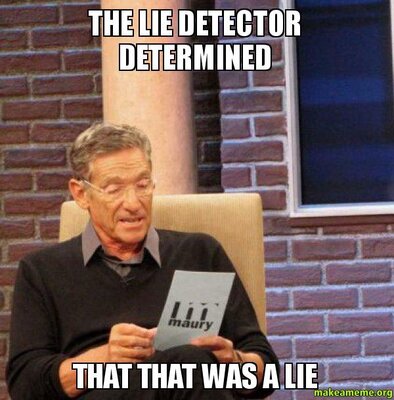Duane Freeman
Expert
- 86
Lol... I came here because I thought it would be a good resource for a new industry that I'm really enjoying.
I made a hello thread and people asked questions so I replied.
But you big shots are already attacking me lol... Well it doesn't matter. Good luck to you all.
This "cult," pays me $30-40K a month so... I'll stay right here haha.
PS: Still a great industry!




 ... fresh meat. You fellas really know how to treat a new guy.
... fresh meat. You fellas really know how to treat a new guy. 
